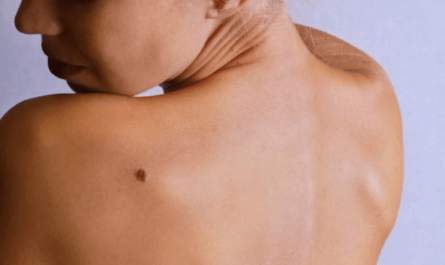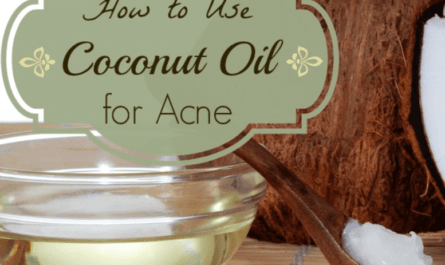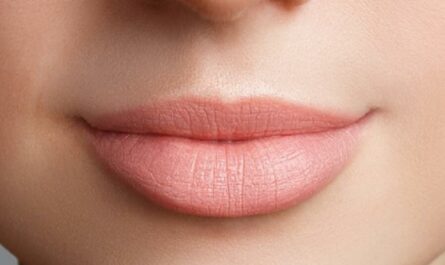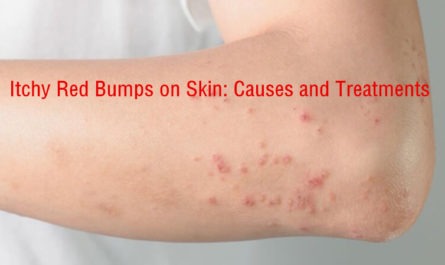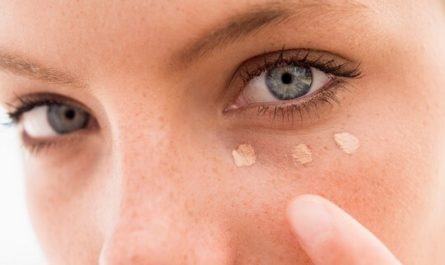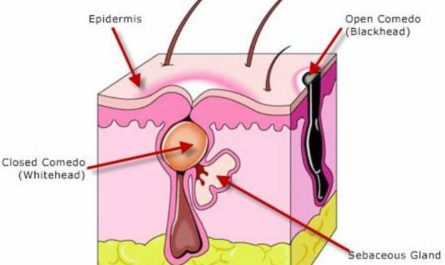Adult acne is a frustrating and surprisingly common issue. It may affect up to 55% of adults aged 20-40. From hormonal imbalances and dietary triggers to environmental exposures, adult cheek acne has many potential underlying causes. Fortunately, in addition to medical treatments, numerous natural remedies can help alleviate acne flare-ups on the cheeks. This article will explore 10 common causes of adult acne on cheeks and some effective natural remedies. By incorporating these natural solutions, you can take control of your skin and achieve a clearer, more radiant complexion.
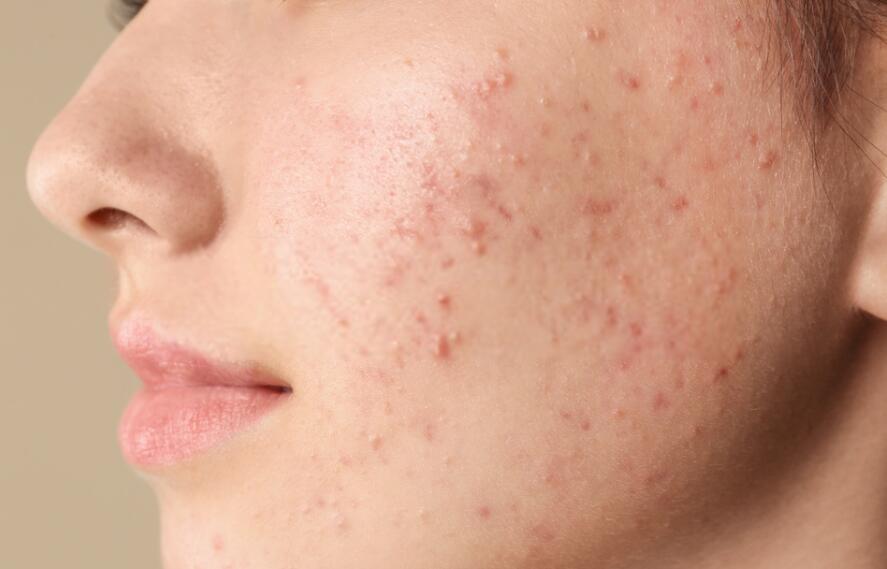
Common Causes of Adult Acne on the Cheeks
1. Hormonal Fluctuations
Hormonal imbalances are a leading cause of adult acne, particularly for women. Fluctuations in hormones like androgens can stimulate the sebaceous glands to produce excess sebum (oil). This will lead to clogged pores and breakouts.
In addition, Hormonal changes during menstrual cycles, pregnancy, birth control pill use, and menopause can all contribute to acne flare-ups on the cheeks.
2. Friction and Irritation
Constant friction or irritation on the cheeks can lead to acne breakouts, a condition known as acne mechanica. This can be caused by resting your face on your hands or using rough towels or pillowcases. The constant rubbing and pressure can clog pores and cause inflammation, leading to pimples on the cheeks.
3. Hair Products
Hair products like pomades, gels, and serums can transfer oils and comedogenic (pore-clogging) ingredients to the cheeks, leading to breakouts. This is especially true for individuals with bangs or hair that frequently touches their face. The oils and waxes in these products can easily transfer to the cheek area and trap dirt and bacteria.
4. Cosmetic Products
Certain cosmetic products, such as heavy foundations, concealers, and moisturizers, can clog pores and exacerbate acne on the cheeks. Ingredients like mineral oil, lanolin, and certain alcohols can be particularly problematic for acne-prone skin. These ingredients can create a barrier on the skin, trapping oil, dirt, and bacteria, leading to breakouts.
5. Diet and Food Sensitivities
While the link between diet and acne is still debated, some studies suggest that certain foods may trigger or worsen acne in some individuals. Common culprits include dairy products, high-glycemic foods, and foods high in refined carbohydrates or unhealthy fats. These foods can cause inflammation and hormonal imbalances, contributing to acne flare-ups on the cheeks.
6. Medications
Certain medications, such as corticosteroids, lithium, and some birth control pills, can increase androgen levels. This can cause hormonal imbalances and acne breakouts.
Even some over-the-counter medications containing iodides or bromides can trigger acne in some individuals. These medications can disrupt the body’s natural hormone balance, leading to excess oil production and clogged pores.
7. Stress
Chronic stress can disrupt the body’s hormone balance and immune system, both of which can contribute to acne flare-ups. Stress also triggers the release of cortisol. This is a hormone that can increase oil production and inflammation in the skin. High levels of stress can exacerbate existing acne or even trigger new breakouts on the cheeks.
8. Environmental Factors
Exposure to pollution, excessive humidity, or extreme temperatures can all contribute to acne on the cheeks. These environmental factors can disrupt the skin’s natural oil production and lead to clogged pores. Pollution can introduce free radicals and irritants that can clog pores and cause inflammation.
9. Makeup Tools and Applicators
Dirty makeup brushes, sponges, and applicators can harbor bacteria, oils, and dead skin cells. This can transfer to the cheeks and cause breakouts. In addition, these tools can spread acne-causing bacteria and clog pores, leading to pimples on the cheek area.
10. Underlying Medical Conditions
Certain medical conditions, such as polycystic ovary syndrome (PCOS), or hormonal imbalances, can contribute to adult acne on the cheeks. These conditions can disrupt hormone levels and lead to excess oil production, clogged pores, and inflammation, resulting in acne breakouts on the cheeks.
12 Effective Natural Remedies for Adult Acne on the Cheeks
Explore 12 effective natural remedies for adult acne on the cheeks.
1. Tea Tree Oil
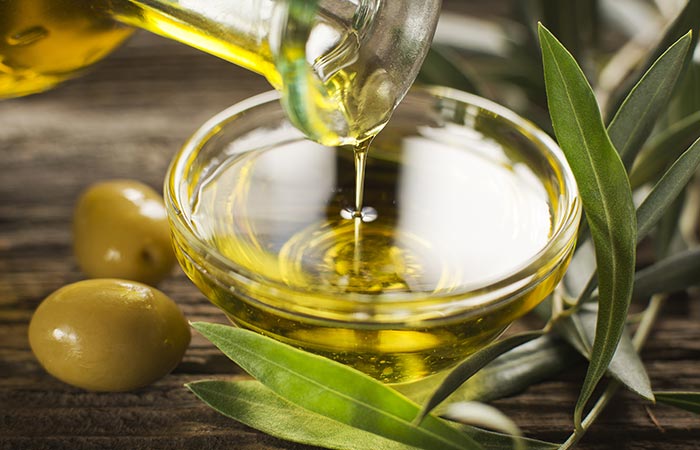
Tea tree oil is a popular natural remedy for acne due to its antimicrobial and anti-inflammatory properties. It can help kill acne-causing bacteria and reduce inflammation.
To use tea tree oil for acne on the cheeks, dilute it with a carrier oil like jojoba or almond oil, and apply it to the affected areas. Start with a low concentration (e.g., 5% tea tree oil) and gradually increase it if your skin tolerates it well.
Tea tree oil can be drying, so it’s essential to follow up with a non-comedogenic moisturizer after using it. Additionally, avoid using undiluted tea tree oil, as it can cause skin irritation and sensitivity.
2. Apple Cider Vinegar
Apple cider vinegar has been touted as a natural cure for various conditions, including acne. Its acidic nature can help balance the skin’s pH and kill acne-causing bacteria.
To use apple cider vinegar for acne on the cheeks, dilute it with water (1 part vinegar to 3 parts water) and use it as a toner or spot treatment.
It’s important to note that apple cider vinegar can be drying and irritating to some skin types, so it’s best to do a patch test before applying it to your entire face. Additionally, avoid using undiluted apple cider vinegar, as it can cause skin irritation and damage.
3. Honey
Raw honey has antibacterial and anti-inflammatory properties that can help soothe and heal acne lesions. It’s also a natural humectant, which means it can help keep the skin hydrated. You can apply a thin layer of raw honey to the affected areas and leave it on for 15-20 minutes before rinsing.
Honey is generally well-tolerated by most skin types, but it’s still a good idea to do a patch test before applying it to your entire face. Additionally, be sure to use raw, unprocessed honey for maximum benefits.
4. Aloe Vera
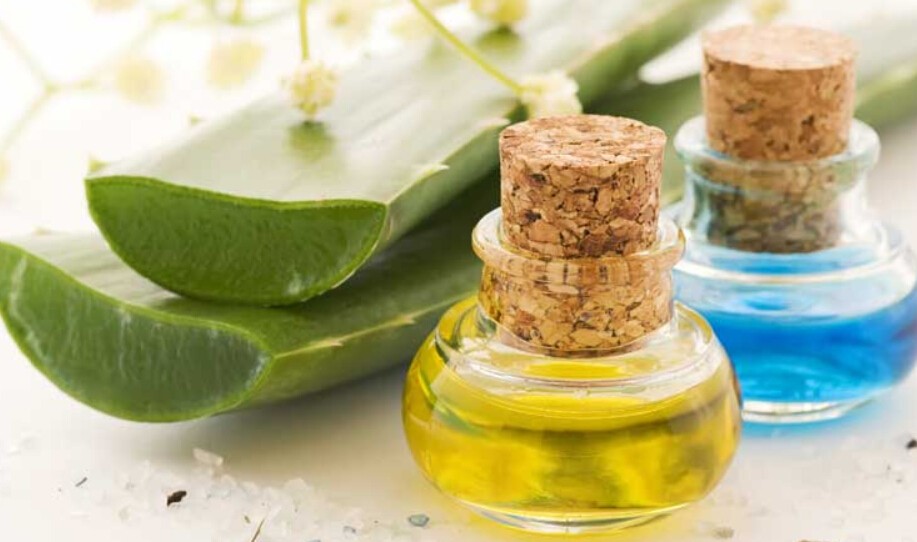
Aloe vera gel is renowned for its soothing and healing properties. It can help reduce redness, inflammation, and irritation associated with acne. You can apply a thin layer of pure aloe vera gel to the affected areas and leave it on overnight.
When using aloe vera for acne, it’s important to use a pure, high-quality aloe vera gel without any added fragrances or preservatives, as these can potentially irritate the skin. Additionally, aloe vera can be drying, so it’s a good idea to follow up with a non-comedogenic moisturizer after using it.
5. Green Tea
Green tea is rich in antioxidants and has anti-inflammatory properties that can help reduce acne inflammation. To use green tea for acne on the cheeks, brew a strong cup of green tea, and let it cool. Then use it as a toner or compress the affected areas.
Green tea can be used as a toner or compress, but it can also be incorporated into your skincare routine in other ways. For example, you can look for skincare products that contain green tea extract or use green tea-infused face masks.
6. Turmeric
Turmeric has been used for centuries in traditional medicine for its anti-inflammatory and antiseptic properties. To use turmeric for acne on the cheeks, mix a small amount of turmeric powder with water to create a paste. Then apply it to the affected areas. Leave it on for about 45 minutes before rinsing.
Turmeric can stain the skin, so it’s important to be careful when applying it to your face. Additionally, some people may experience skin irritation or sensitivity when using turmeric. So it’s a good idea to do a patch test before applying it to larger areas.
7. Probiotics
The link between gut health and skin health is well-established. Probiotics can help promote a healthy gut microbiome. You can Incorporate probiotic-rich foods like yogurt, kefir, and fermented vegetables into your diet. Or you can consider taking a probiotic supplement.
When choosing a probiotic supplement, look for one that contains a variety of strains and has a high colony-forming unit (CFU) count. It’s also important to consult with a healthcare professional before starting any new supplement regimen.
8. Zinc
Zinc is an essential mineral that plays a role in wound healing and reducing inflammation. It may help improve acne by regulating oil production and reducing bacterial growth. You can increase your zinc intake through dietary sources like oysters, beef, and pumpkin seeds.
While zinc can be beneficial for acne, it’s important to avoid taking excessive amounts. This can lead to side effects such as nausea, vomiting, and loss of appetite. Always consult with a healthcare professional before starting any new supplement regimen.
9. Brewer’s Yeast
A specific strain of brewer’s yeast called Hansen CBS has been shown to help decrease acne when taken orally. It’s believed to have anti-inflammatory and antioxidant properties that can help combat acne. You can find brewer’s yeast supplements at most health food stores.
When taking brewer’s yeast supplements, it’s important to follow the recommended dosage and consult with a healthcare professional. Especially if you have any underlying medical conditions or are taking other medications.
10. Clay Masks
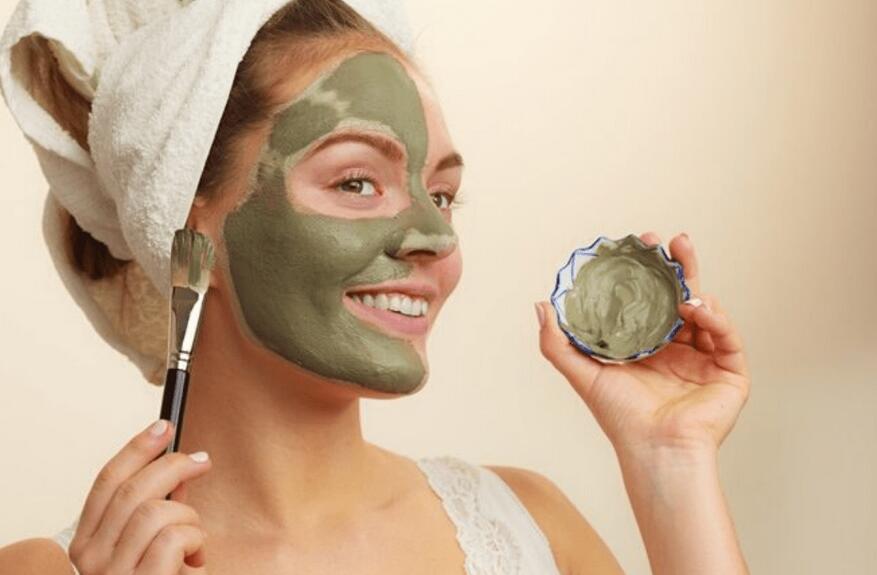
Clay masks, particularly those containing bentonite or kaolin clay, can help absorb excess oil and impurities from the skin. They can also help unclog pores and reduce inflammation. Apply a clay mask to your cheeks once or twice a week, and leave it on for 10-15 minutes before rinsing.
When using clay masks, it’s important to follow the instructions carefully and avoid leaving the mask on for too long. Because this can lead to dryness and irritation. Additionally, be sure to moisturize after using a clay mask to replenish the skin’s hydration levels.
11. Witch Hazel
Witch hazel is a natural astringent that can help remove excess oil and impurities from the skin. It also has anti-inflammatory properties that can help soothe acne. You can use a witch hazel toner after cleansing to help control oil production and prevent future breakouts.
When using witch hazel as a toner, it’s important to choose an alcohol-free product, as alcohol can be drying and irritating to the skin. Additionally, be sure to follow up with a non-comedogenic moisturizer to prevent over-drying.
12. Dietary Changes
While the link between diet and acne is still debated, some studies suggest that certain foods may trigger or worsen acne in some individuals.
Common culprits include dairy products, high-glycemic foods, and foods high in refined carbohydrates or unhealthy fats. Consider keeping a food diary to identify potential dietary triggers and eliminate or reduce those foods from your diet.
In addition to avoiding potential trigger foods, it’s also important to focus on a balanced diet rich in whole foods, lean proteins, fruits, vegetables, and healthy fats. Staying hydrated and limiting your intake of processed and sugary foods can also help improve skin health.
Tips to Prevent Adult Acne on the Cheeks
In addition to trying natural remedies, there are several preventative measures you can take to reduce the likelihood of developing acne on your cheeks:
- Keep your hands away from your face. Touching your cheeks can transfer dirt, oil, and bacteria from your hands, leading to clogged pores and breakouts.
- Clean your cell phone regularly. Your phone can harbor bacteria and transfer it to your cheeks when you hold it against your face. Use a disinfecting wipe to clean your phone daily.
- Change your pillowcases frequently. Dead skin cells, oil, and bacteria can accumulate on your pillowcase and transfer back to your cheeks while you sleep. Aim to change your pillowcase every 2-3 days.
- Remove makeup before bed. Leaving makeup on overnight can clog pores and lead to breakouts on the cheeks. Use a gentle, non-comedogenic makeup remover before going to sleep.
- Avoid harsh scrubbing. Over-exfoliating or scrubbing your cheeks too vigorously can irritate the skin and worsen acne. Use gentle circular motions when cleansing.
- Manage stress levels. Chronic stress can disrupt hormone levels and trigger acne flare-ups. Practice stress-reducing activities like yoga, meditation, or exercise.
- Identify and avoid dietary triggers. For some individuals, certain foods like dairy, high-glycemic foods, or processed foods may contribute to acne. Keep a food diary to pinpoint potential triggers.
Remember, while natural remedies and prevention strategies can be effective, severe or persistent acne may require medical intervention. Always consult with a dermatologist or healthcare professional for personalized advice and treatment options.
When to See a Doctor?
While natural remedies can be effective for mild to moderate acne, it’s important to know when to seek professional medical help. According to dermatologists, you should consider seeing a doctor for acne if:
- Over-the-counter treatments and natural remedies have not improved your acne after 10-12 weeks of consistent use.
- Your acne is moderate to severe, with cystic or nodular lesions that are painful and inflamed.
- Your acne is causing emotional distress, anxiety, depression, or impacting your quality of life.
- You are developing acne scars or pigmentation issues.
- Your acne is a potential side effect of a medication you are taking.
- You have sudden, late-onset acne as an adult with no prior history.

